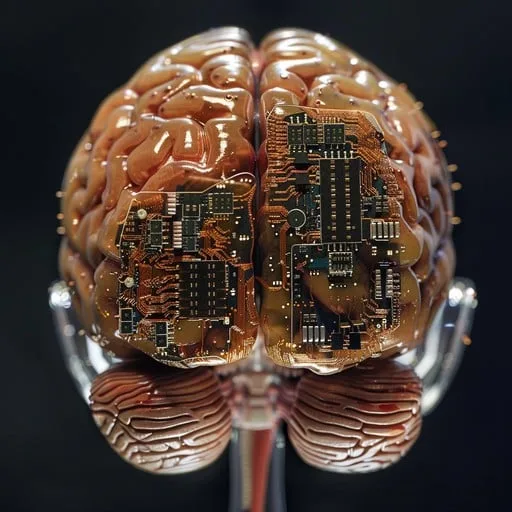For centuries, humans have dreamed of moving objects with thought. Now, that fantasy is slipping quietly into reality. Neural interface technology — devices that link our brains directly to computers — is redefining what “interaction” means.
Companies like Neuralink and Synchron are already testing brain implants that let paralyzed patients move a cursor or type just by thinking. It’s astonishing and terrifying at the same time. A world where thought equals action sounds liberating — until you imagine a world where thoughts could be hacked.

The frontier here isn’t hardware, it’s trust. Every signal your brain sends contains more than commands; it contains identity. Neural data could reveal emotion, fear, even subconscious intent. Who gets access to that? Regulators are scrambling to define privacy for something more intimate than fingerprints — consciousness itself.
Still, the potential is staggering. A musician could compose without touching an instrument. A painter could draw with memory. Soldiers could communicate wordlessly in combat. The line between brain and machine is dissolving, neuron by neuron — and humanity is about to type its next sentence directly from the mind.
News
The Ghost in the Machine: When Artificial Intelligence Starts Asking Who It Is
There’s a strange hum in the background of modern civilization. It’s the sound of millions of processors thinking — not…
Robotics Gets Emotional: The Quest to Build Machines That Feel
Robots can walk, talk, and even dance — but can they care?The next frontier of robotics isn’t physical dexterity; it’s…
The Age of Synthetic Life: Programming Biology Like Code
For billions of years, evolution shaped life through randomness. Now, humans are editing nature with precision. Synthetic biology is the…
Deepfake Nation: When Reality Itself Becomes Editable
In 2025, truth no longer needs to be destroyed — it just needs to be remixed.Deepfakes have evolved far beyond…
The Blockchain Beyond Crypto: The Quiet Revolution You Missed
Crypto made headlines — but blockchain’s real revolution was never the coins. It’s the infrastructure beneath them. Think of blockchain…
The AI Arms Race in Education: Learning Without Teachers?
In classrooms from California to Seoul, students are learning from something that isn’t human. AI tutors are grading essays, generating…
End of content
No more pages to load












